Corporate Responsibilities, Ethics, and Governance Report
VerifiedAdded on 2021/06/17
|13
|1031
|50
Report
AI Summary
This report delves into the critical aspects of ethical business practices, corporate responsibilities, and governance. It examines key elements such as honesty, clarity, respect for privacy, and direct communication within a business organization. The report explores the positive impacts of ethical practices, including improved reputation and stakeholder confidence. It then addresses unethical issues like trade secrets, conflicts of interest, and breaches of privacy, providing real-world case studies to illustrate these concepts. The report further analyzes ethical theories, specifically the Deontological (Kantian) and Teleological (Utilitarianism) theories, comparing and contrasting their approaches to ethical decision-making. Case studies, such as Spotless Group Holdings v/s Reynolds, Perpetual Investment Management Limited, and Federal Privacy Commissioner v/s Telstra Corporation Ltd, are used to demonstrate the practical application of these theories. The report concludes by emphasizing the importance of ethical considerations in safeguarding trade secrets, managing conflicts of interest, and protecting customer privacy within a business context. The report also includes a comprehensive list of references to support the analysis.
1 out of 13
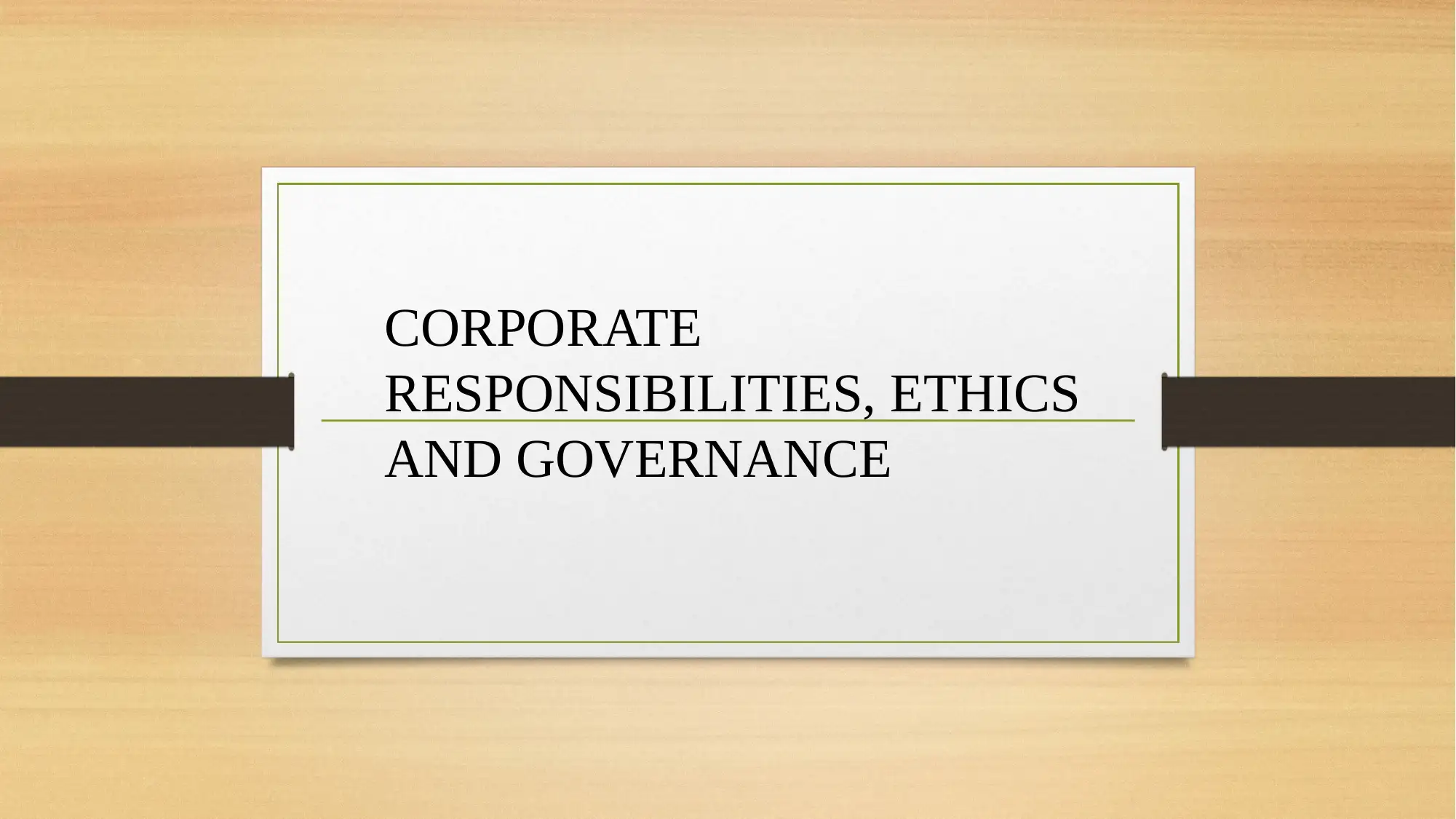
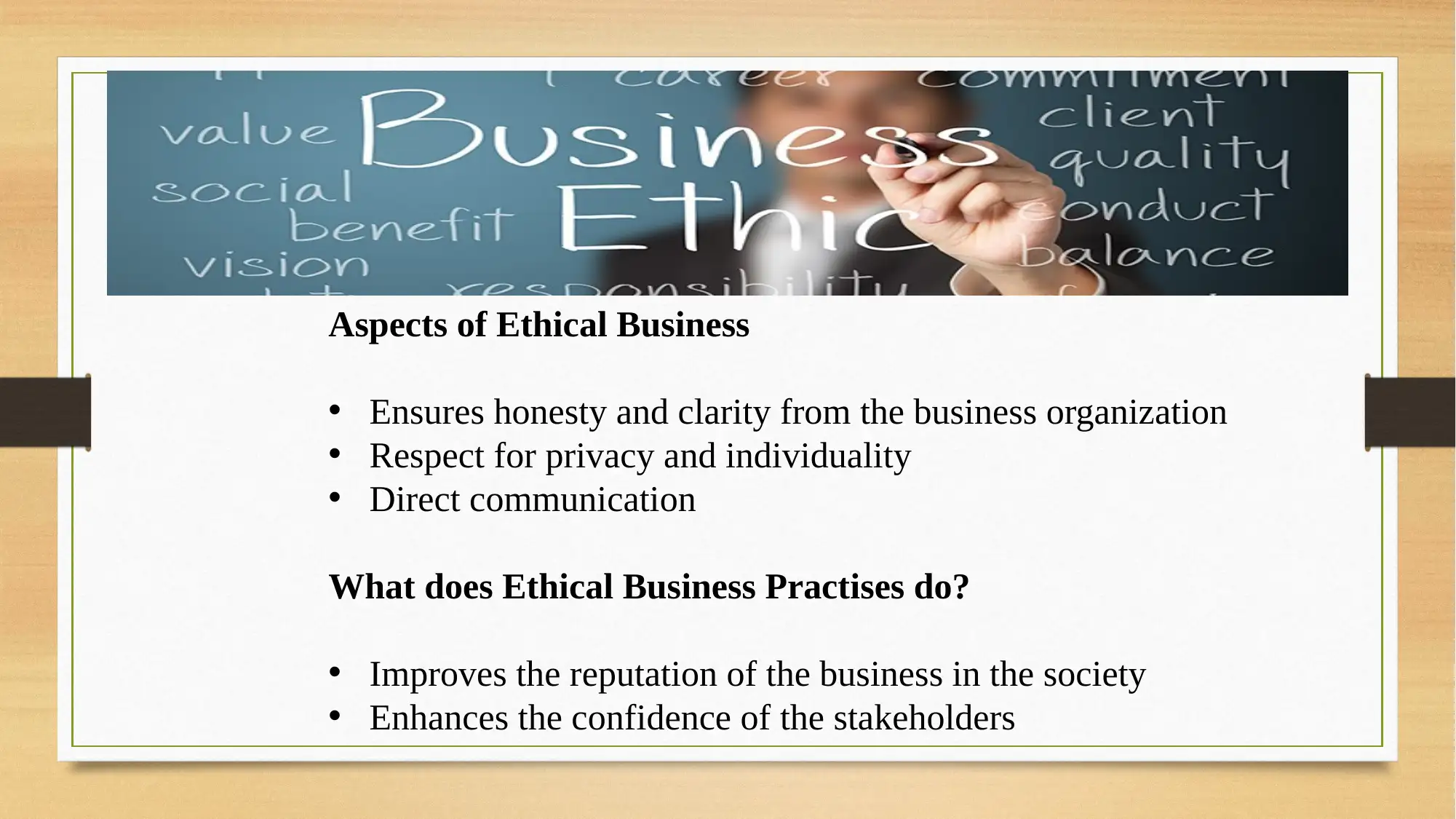
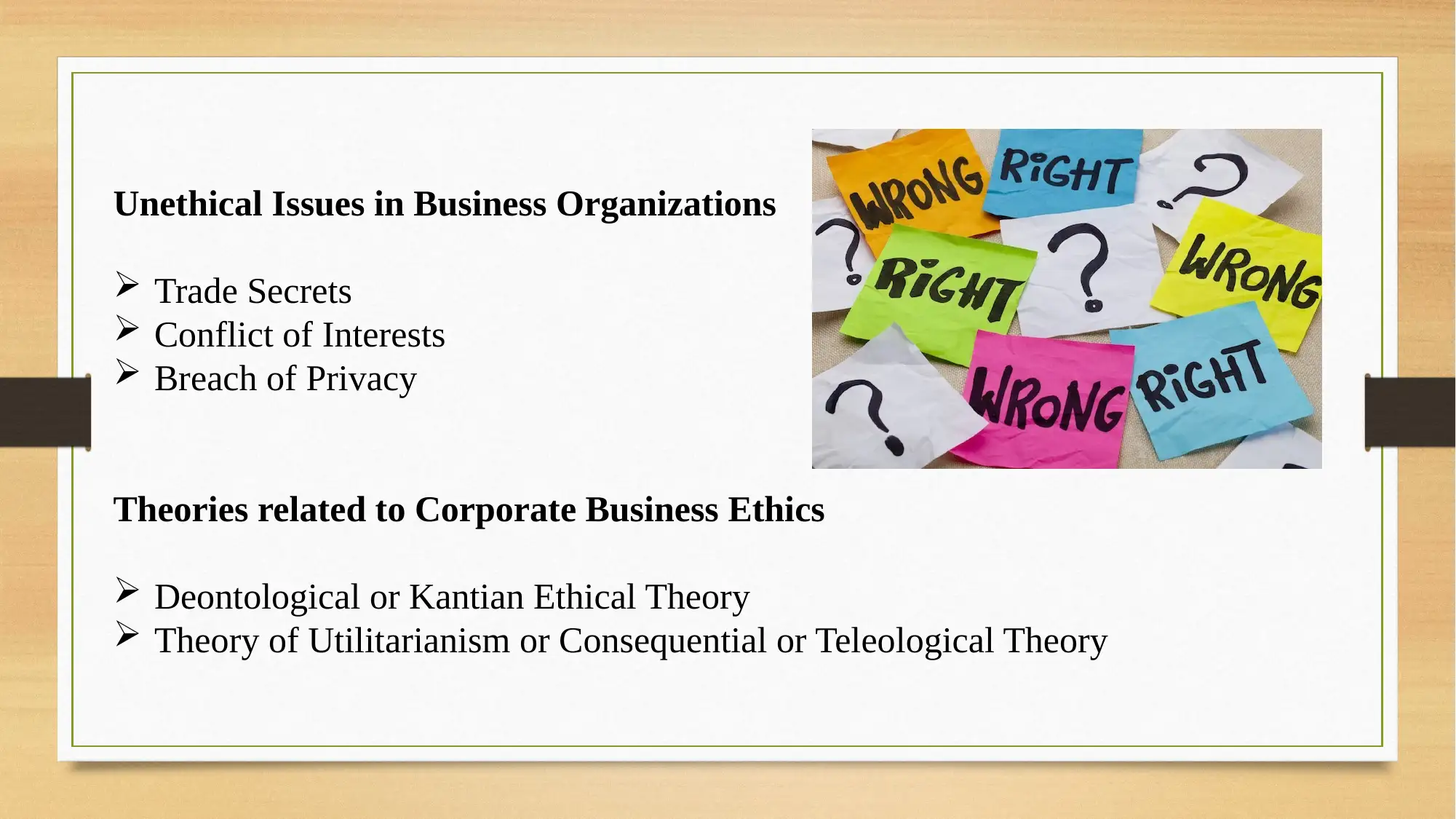

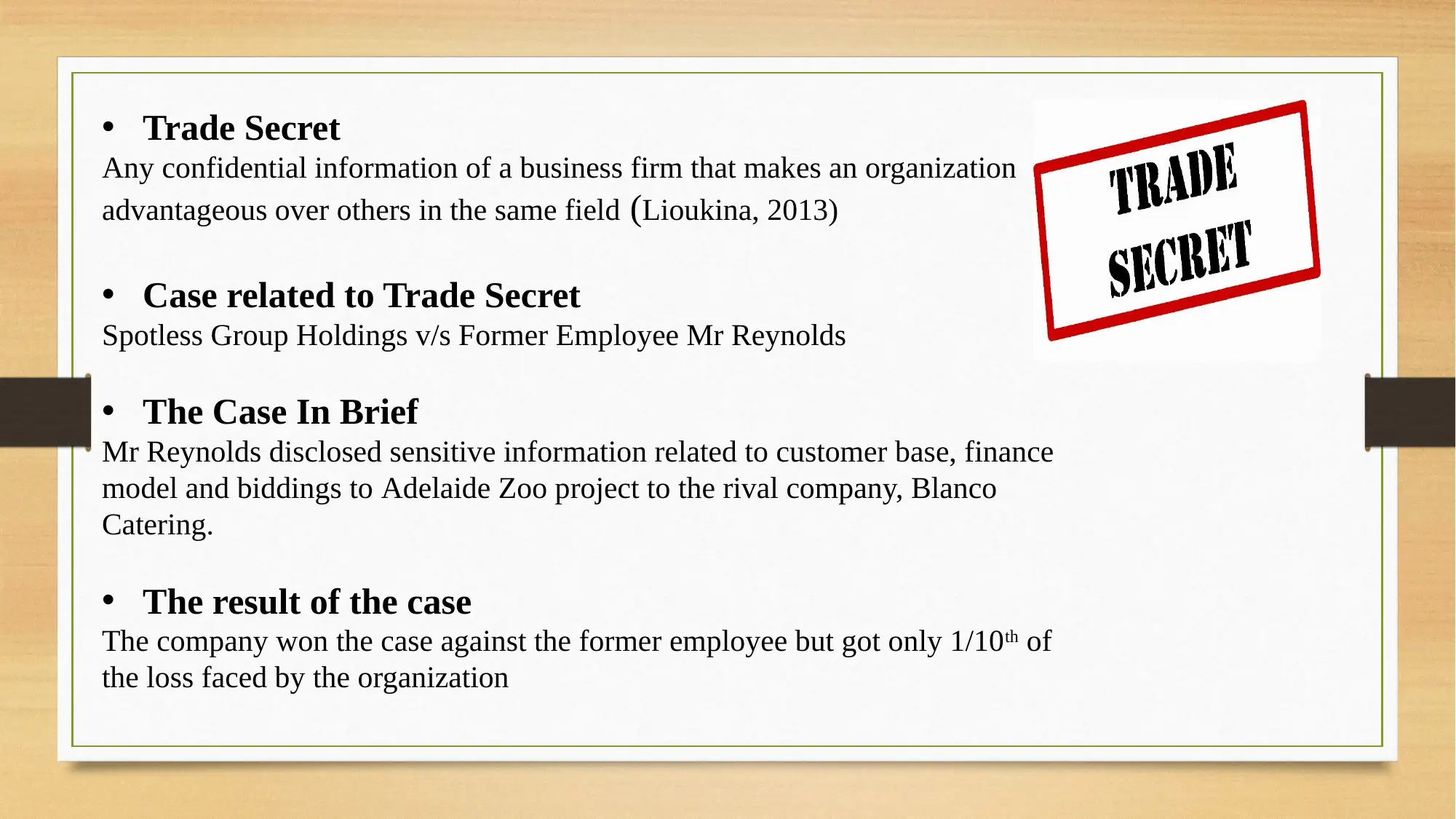
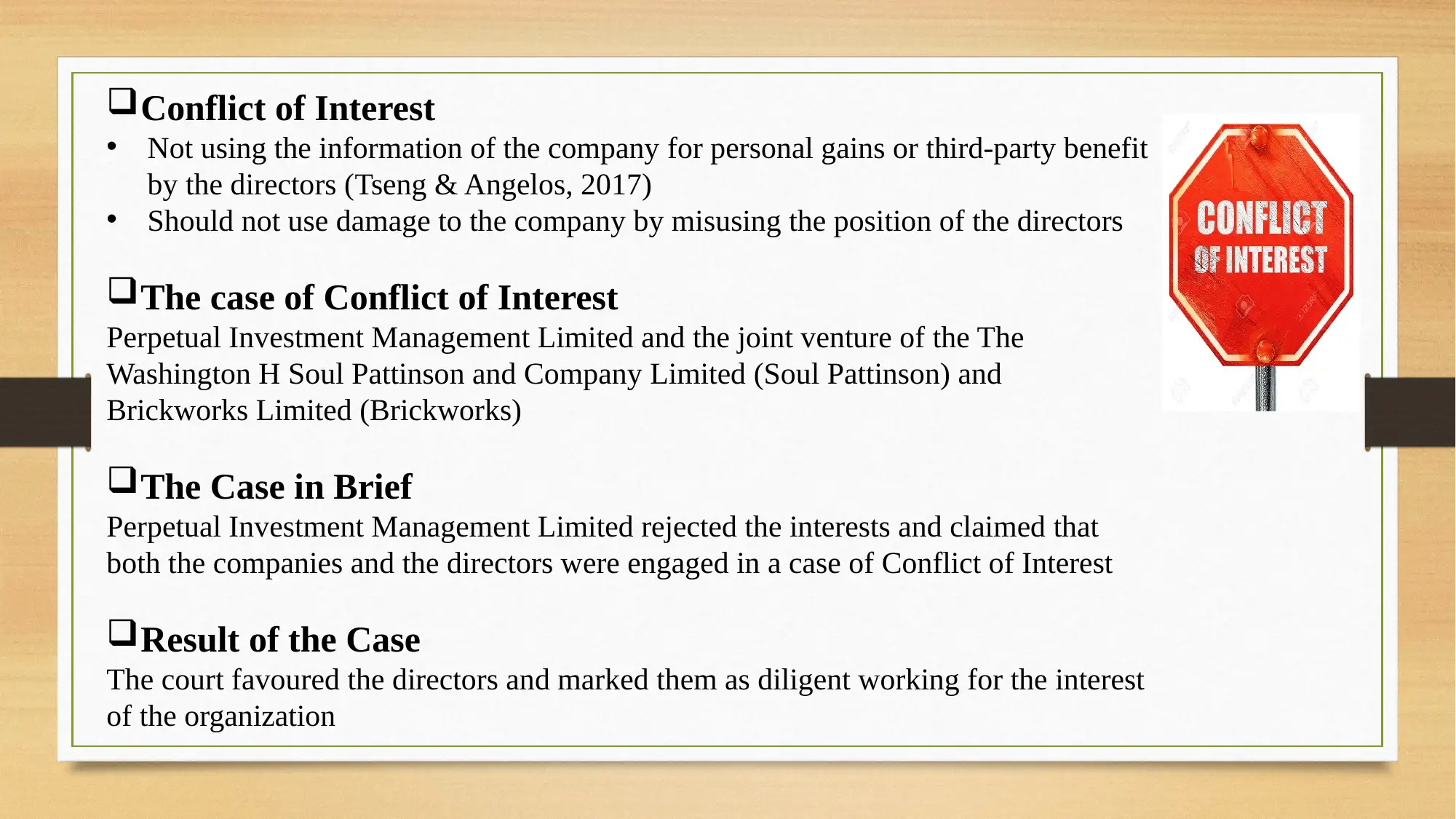
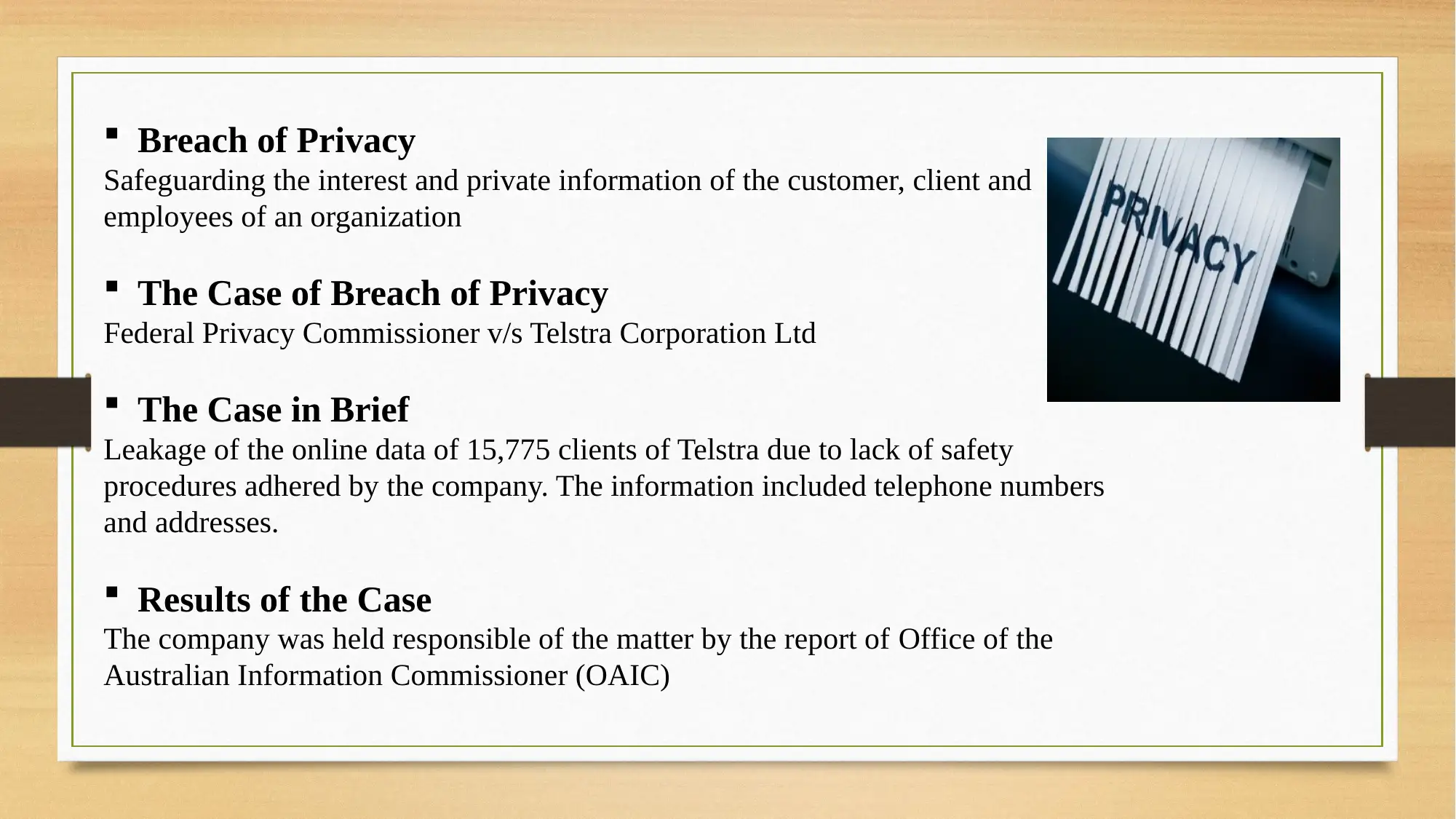
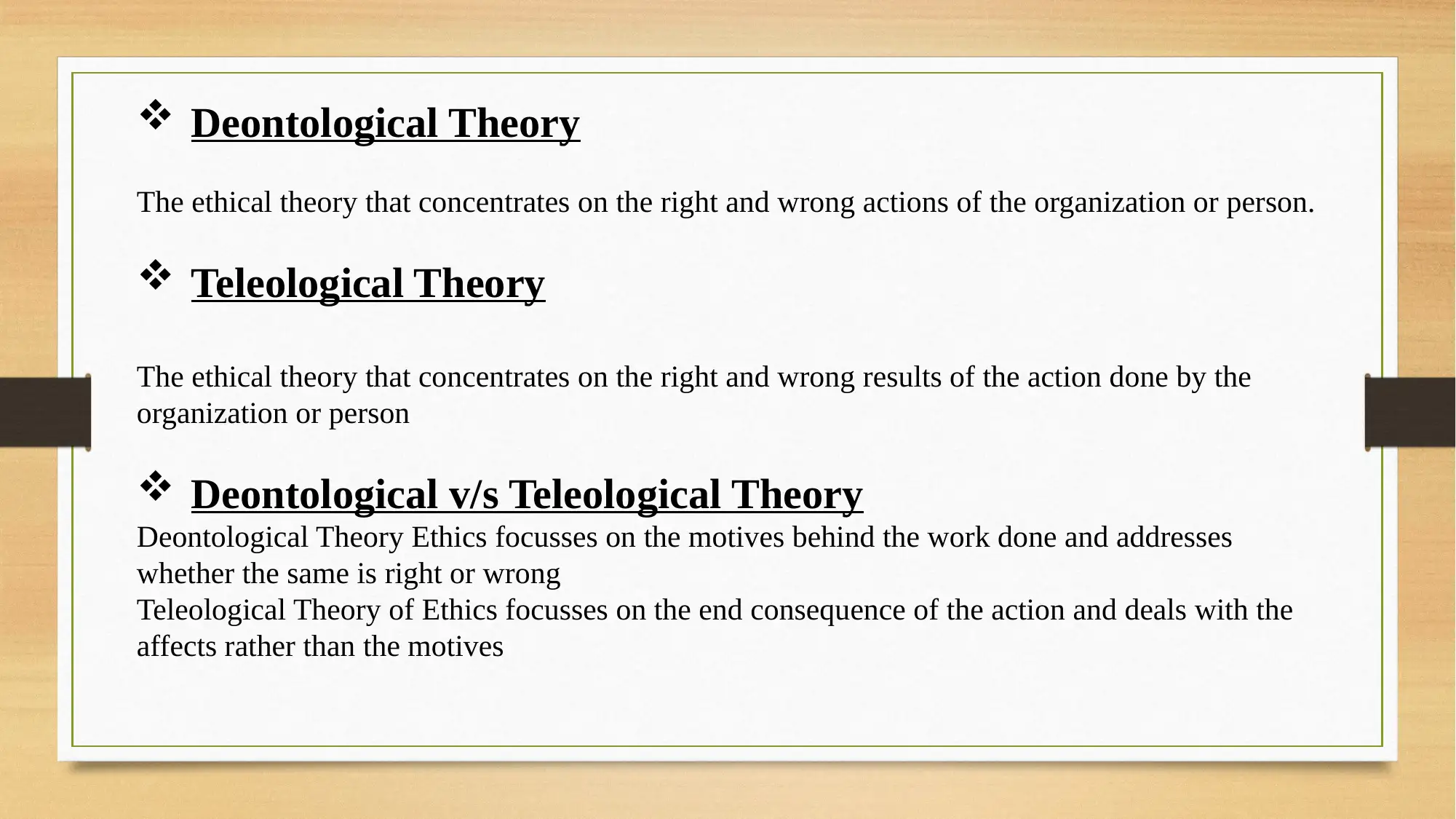
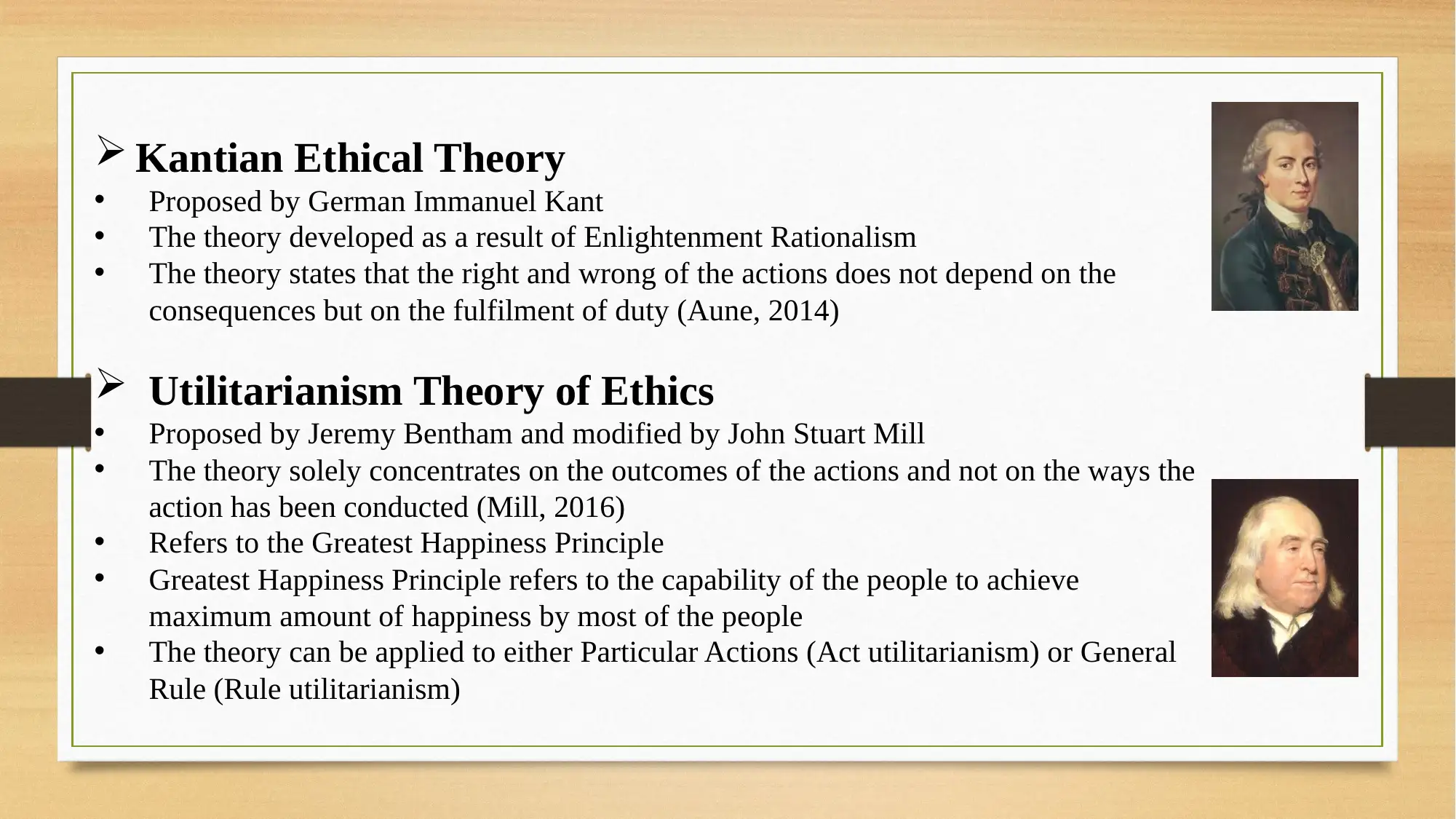
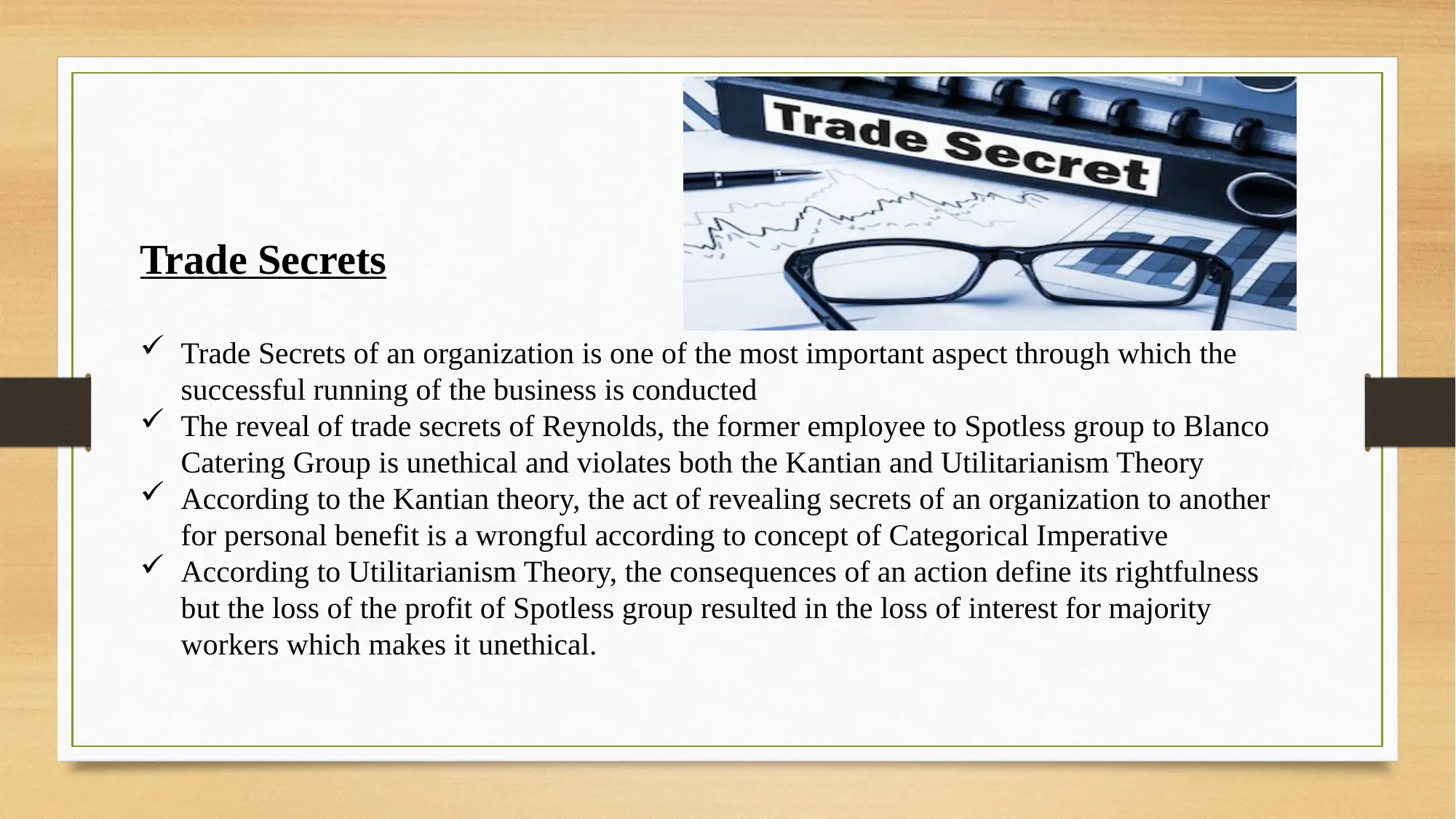
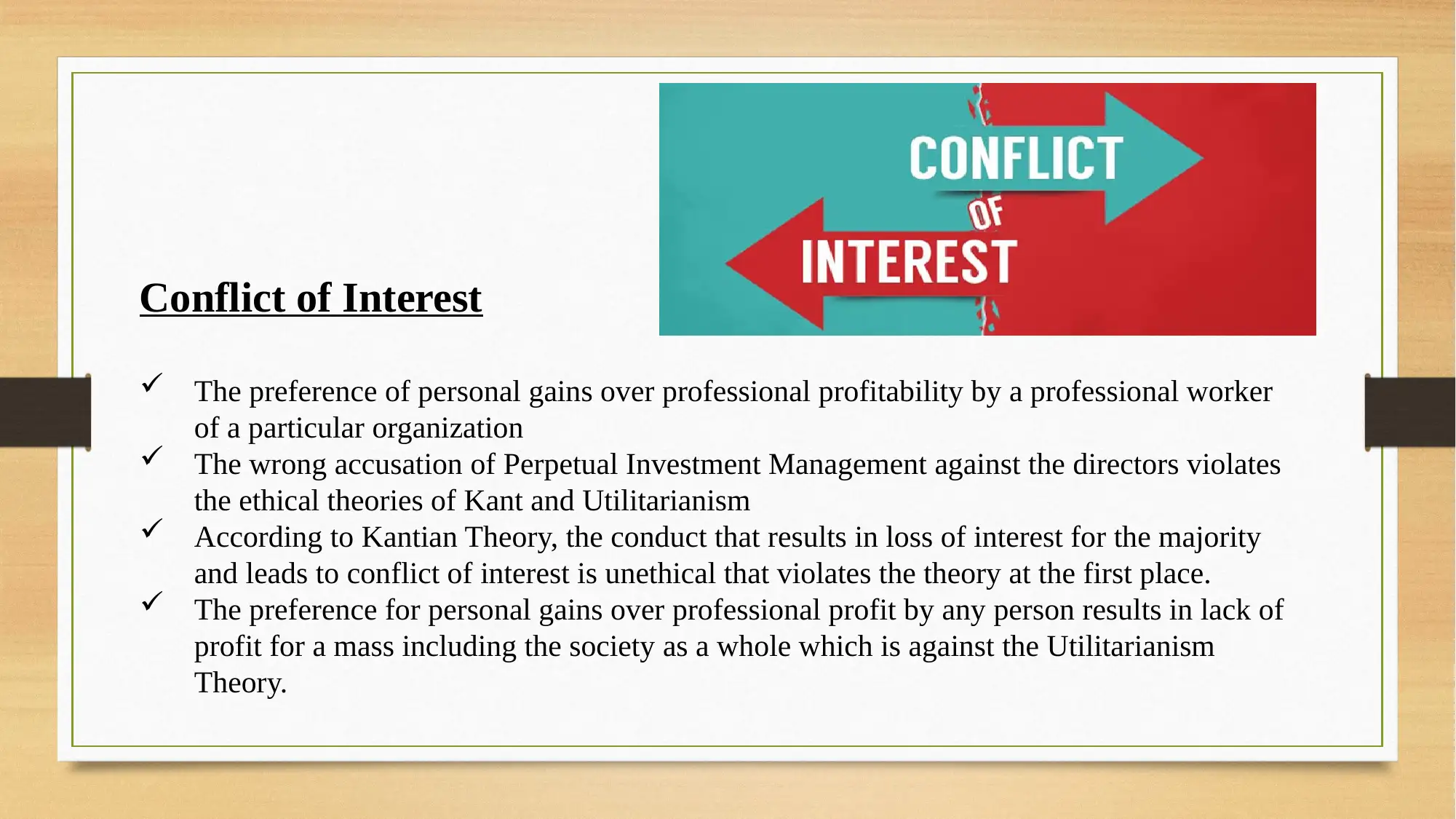

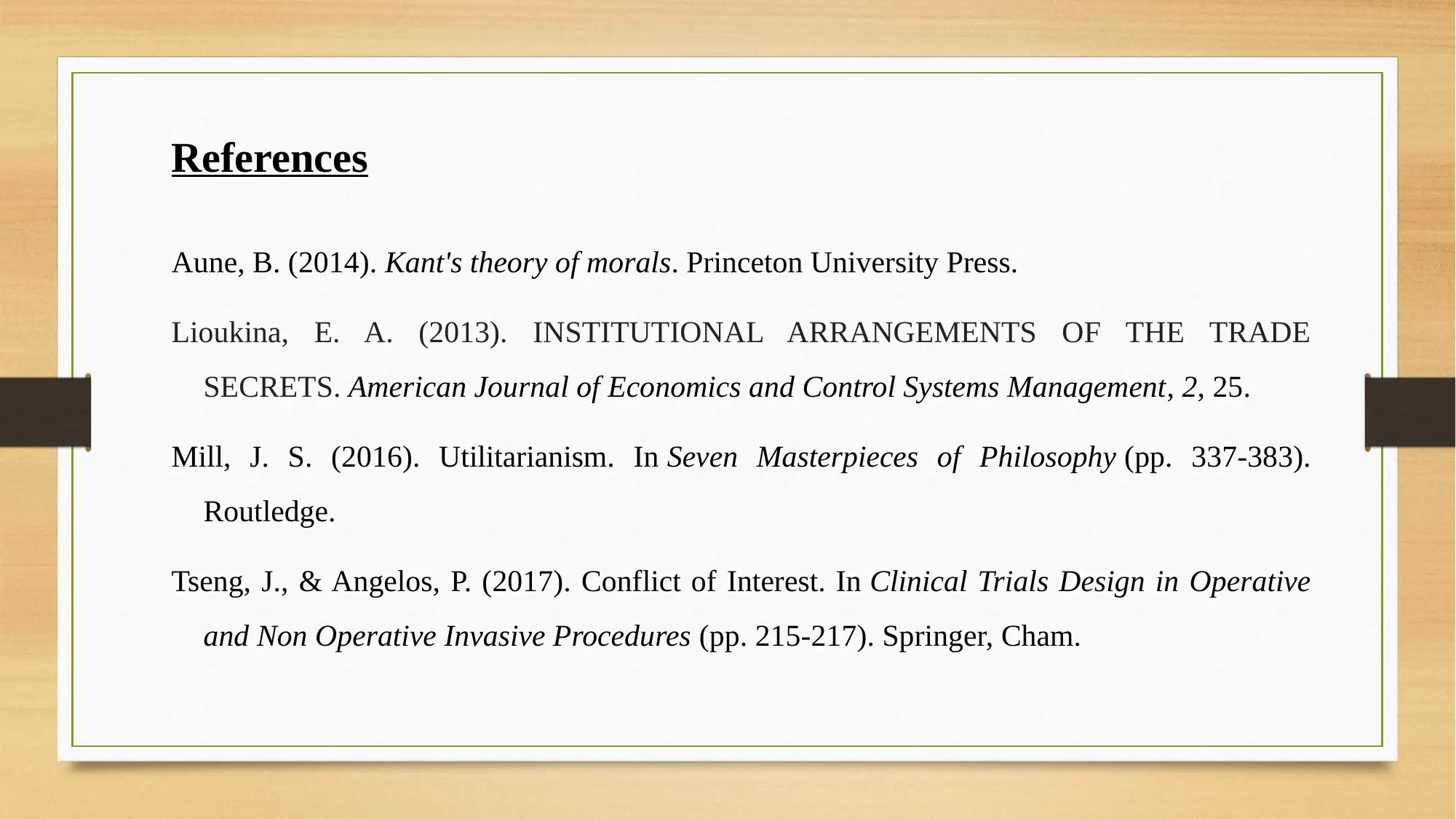


![[object Object]](/_next/static/media/star-bottom.7253800d.svg)